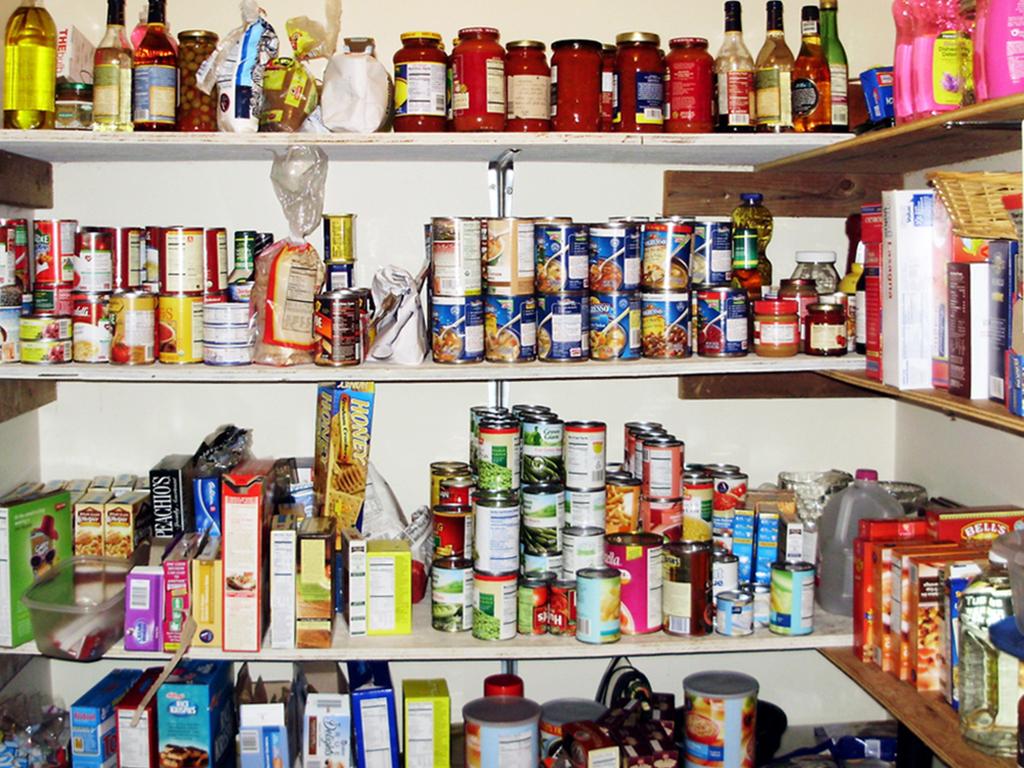2 Mins Read
Food has been preserved in cans for nearly 200 years, and its popularity has never ceased to increase. What could be more convenient than opening a can of soup for a quick meal? Well, there’s a dark and dirty secret about metal cans that has been emerging and it may make you think twice before you grab another canned good.
You’ve surely heard about the health effects of Bisphenol-A (BPA) in the realm of bottled water, the plastic-hardening chemical that has probably made you ditch or at least rethink your bottled water consumption. The lining of most metal cans has a thin plastic layer that contains Bisphenol-A. How can this chemical endanger our health? BPA is an endocrine disrupter, which means it disturbs the hormone production in our bodies. It is thought to increase the risk of infertility, early puberty, behavioral problems, diabetes, cancer and even heart disease. Scientists are now saying that our exposure to Bisphenol-A in canned food is much larger and more worrying than that in plastic water bottles.
The US Consumer Union tested different canned foods for Bisphenol-A and found that almost all canned foods contained some BPA, with canned soups and green beans containing the most (the jury’s still out as to why these in particular have the most). What makes the problem worse is that canned food sits in warehouses, on supermarket shelves or in your home’s kitchen cabinets for long periods which gives the chemical more time to leech into the food.
How To Keep BPA Out Of Your Home
- Get rid of canned food wherever you can!
- If you absolutely have to buy canned foods, stick to brands which use BPA-free cans such as Eden Foods and Vital Choice.
- Choose fresh or frozen vegetables and fruits.
- Buy dried beans and pulses and keep them in mason jars.
- Buy beverages in glass bottles or eco-friendly cartons (make sure they are aseptic or sterile).
- If you absolutely have to buy canned foods, stick to brands which use BPA-free cans such as Eden Foods and Vital Choice.
Remember: the metal can itself is not the problem and old-school canning is still a great way to preserve foods- it is modern industry that has corrupted the process by adding the BPA laden plastic lining into cans.




